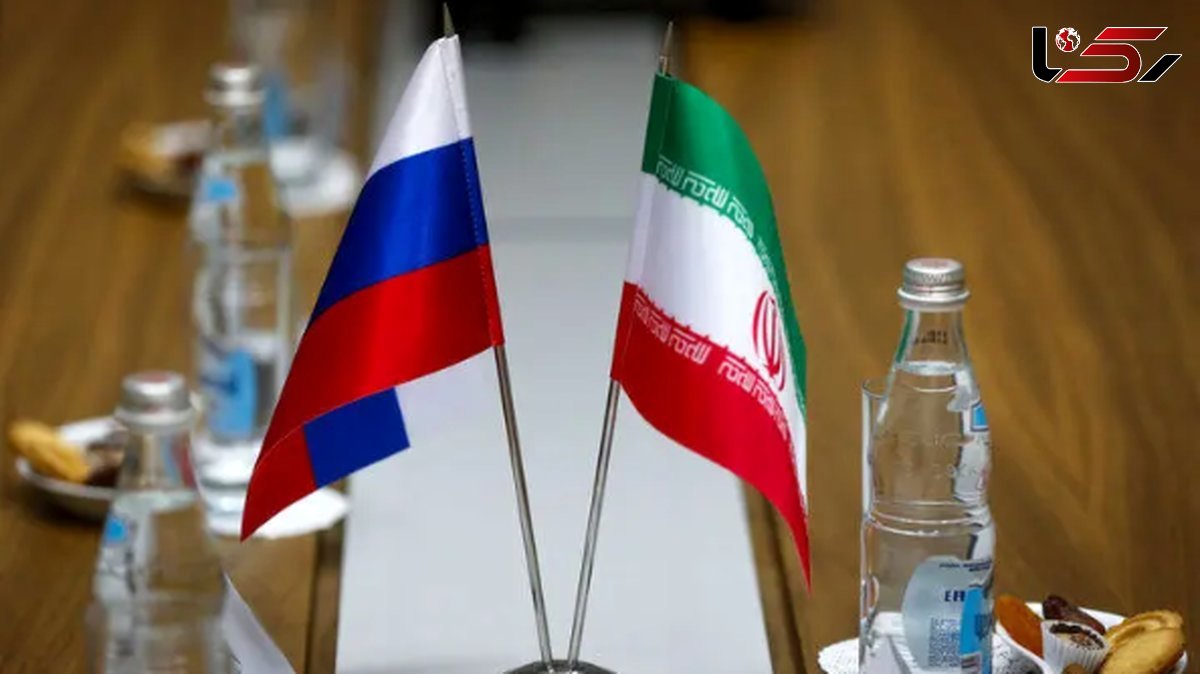Why Russia Fails Iran in Key Moments
Rokna Political Desk – Russia has consistently refrained from offering strategic support to Iran at critical junctures, preferring its transactional foreign policy instead. This approach has raised serious doubts about Moscow’s reliability in regional crises.

As geopolitical equations in the region become increasingly complex, Russia’s role alongside Iran has shifted from a political partnership to a strategic question: Is the Kremlin pursuing stability, or is it playing a part in crisis architecture?
Moscow’s calculated silences, deferred promises, and multilayered conduct at sensitive turning points have left Iran facing a fundamental question. A relationship once meant to serve as a pillar of foreign policy is now surrounded by doubt and reconsideration.
There has always been a behavioral complexity and strategic imbalance in regional relations between Iran and Russia—an alliance that, despite its appearance, has lost its real depth during decisive moments.
Recent developments, particularly Russia’s conspicuous silence during the twelve-day attacks that targeted Iran, have once again highlighted these strategic rifts. Despite claiming political and security closeness with Tehran, Moscow chose a self-serving neutrality at a moment when a clear stance was expected. Even certain remarks from President Putin suggested that his ethnic and demographic ties with Israel outweighed regional commitments to Iran. This behavior cannot merely be interpreted within diplomatic constraints; it must be seen as the logical extension of a policy inherently rooted in opportunistic deal-making.
From Russia’s unfulfilled promises regarding the delivery of defense systems such as the S-400 and Sukhoi-35 fighter jets to repeated delays and suspensions in military cooperation, all evidence suggests that this partnership is not based on mutual trust but rather on temporary exploitation. When Western pressure escalates, Iran remains in the field, but when it comes time for Moscow to respond, its positions either dissolve into silence or are endlessly postponed.
This same approach was visible during the JCPOA (Joint Comprehensive Plan of Action) process. Russia was never a dependable partner for Iran, neither during the negotiations nor after the U.S. withdrawal from the agreement. Moscow outwardly supported the diplomatic path but in practice showed neither initiative nor a willingness to stand up against the West’s sanctions architecture. This intentional neutrality reduced Russia’s role from that of a “strategic ally” to a “protected observer.”
At the same time, an examination of Tehran’s record yields a very different conclusion: Iran, on numerous occasions, has proven to be not just an ally but an irreplaceable savior for Russia.
In the face of crippling Western sanctions, it was Iran’s experience in navigating financial, banking, and trade barriers—through gray export networks—that opened pathways for Russia, channels that Moscow never publicly acknowledged but quietly exploited. On the political front, too, Tehran’s alignment with Moscow after the invasion of Ukraine offered psychological and media-based artificial respiration for Russia. At a time when the Kremlin was facing unprecedented global condemnation, its regional ties with Iran projected an image of non-isolation for Moscow.
Nevertheless, Russia’s behavior has shown that it either lacks a genuine understanding of this dependency—or, if it does, chooses not to convert it into commitment. Moscow’s foreign policy remains rooted in the pursuit of short-term gain rather than long-term credibility. This transactional mindset has left Iran repeatedly under pressure without receiving formal, immediate, or strategic backing from Russia.
However, this one-sided behavior from the Kremlin does not only harm Iran; it could also mark the beginning of a strategic bottleneck for Russia itself. Unlike many of Russia’s overseas allies, Iran is one of the few nations that, in moments of global isolation, has provided Moscow with operational capacity and geopolitical legitimacy—on both the battlefield and within the networks of sanctions resistance.
Should Iran suffer geopolitical erosion due to Russia’s indifference, the first blow would not be to Tehran but to the Kremlin itself.
Today, Russia is confronting multi-layered challenges: the increasing estrangement of Central Asian nations from their “big brother,” the collapse of geopolitical credibility in the Caucasus, and a weakening bargaining position against NATO. In such a context, losing Iran as a complementary actor is not a regional risk—it is a strategic suffocation. Tehran, both in psychological-media terms and at the operational level, remains the last safe harbor for Russia in its non-Western orbit. Destroying this harbor would mean dismantling the horizon of the Kremlin’s multilayered maneuvers.
Moscow must understand that continuing down this path will not only weaken its partnership with Iran but also carry consequences far beyond bilateral relations. If Iran is seriously harmed, the strategic blow to Russia will go beyond economic and security lines; it will amount to psychological collapse within Moscow’s regional architecture and mark the beginning of a global reassessment of its geopolitical credibility.
There is still time for Russia to distance itself from its hidden role in regional crises and elevate this partnership to a level of commitment—before no opportunity remains for repair.
Send Comments